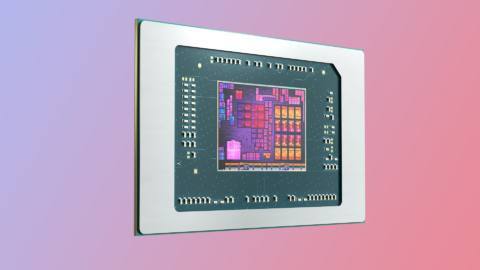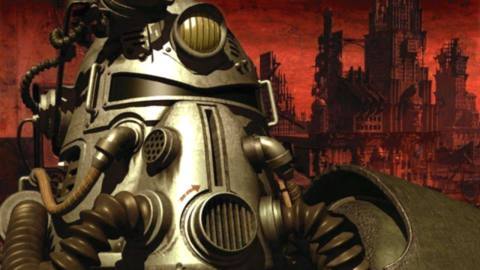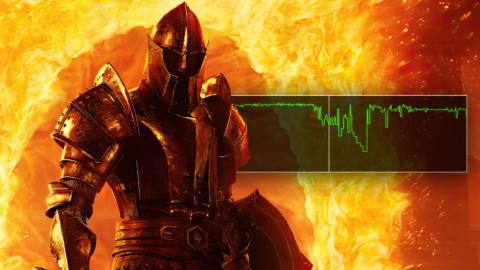
AMD’s first Ryzen 8000 desktop processors are here: the $329 8700G, $229 8600G, $176 8500G and OEM-only 8300G. These 4nm APUs look to be adaptations of the Ryzen 7040 laptop processors we tested late last year, with current-gen Zen 4 CPU cores and powerful RDNA 3 graphics capabilities. AMD sent us the top two chips, the Ryzen 7 8700G and Ryzen 5 8600G, which come with dedicated Ryzen AI hardware not afforded to the rest of the stack.
To get the measure of these new models, we’ve tested their performance both standalone (page two) and when paired with a discrete graphics card (pages three to five). On both counts, we’ve uncovered some impressive capabilities – which could make a Ryzen 8700G or 8600G a canny pick for straight-up entry-level gaming, media PCs or as a stop-gap solution while waiting for a next-generation graphics card.
Looking at the specs makes for fascinating reading. While the eight-core Ryzen 8700G and six-core 8600G are separated by a sizeable $100 MSRP gap, the two chips are surprisingly similar in most respects, with the 8700G boasting only 2MB of extra L2 cache (8MB vs 6MB), 100MHz higher rated boost speed (5.1GHz vs 5.0GHz) and a beefier Wraith Spire cooler versus the smaller Wraith Stealth provided with the 8600G. TDP, L3 cache size and AI performance are all the same. However, greater differences are evident in GPU performance, with the 8700G getting a more capable 12CU Radeon 780M graphics solution versus the 8600G’s 8CU 760M.






